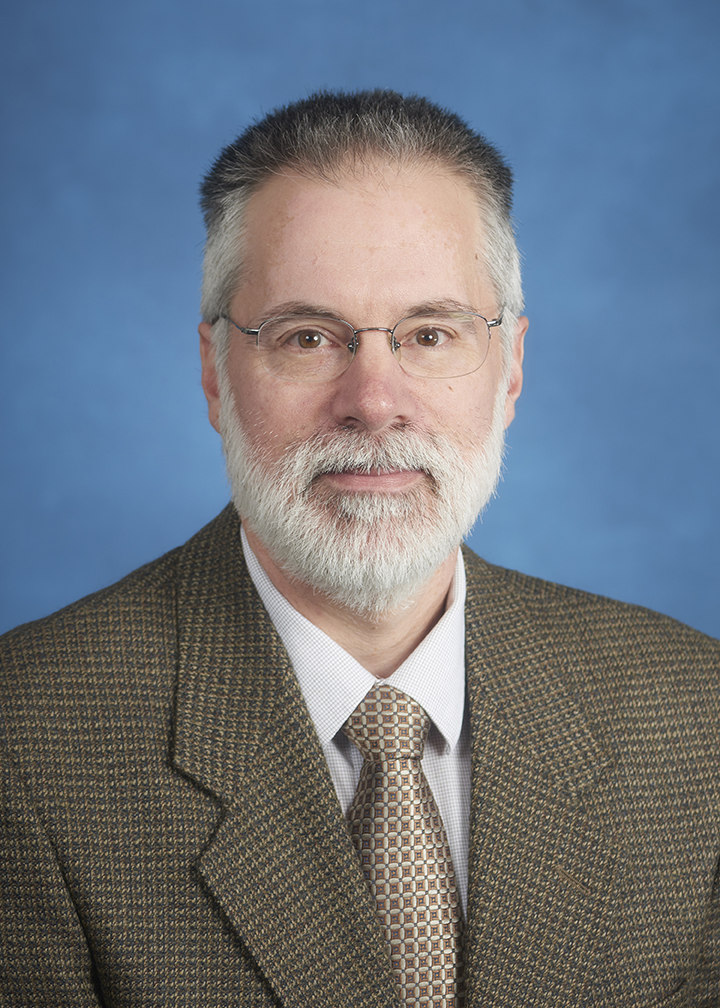The affinities of Lenin and Gramsci: Implications for radical adult education theory and practice
Abstract
Holst, J. D. (1999). The affinities of Lenin and Gramsci: implications for radical adult education theory and practice. International Journal of Lifelong Education, 18(5), 407-421.
This article argues that Gramsci’s theory for social change is not alien to Lenin’s theory and practice of socialist revolution. Holst points out that Neo-Marxists, Post-Marxists, and new social movement scholars have too often attempted to separate Gramsci’s insistence on cultural and ideological aspects of social struggles from the Marxist tradition, especially Leninism. They overlook or distort the fundamental affinities between Lenin and Gramsci by inaccurately charging Lenin of elitism in which he supposedly assigns a leadership role for intellectuals over that of workers in social transformation. In refuting these distortions of Lenin, Holst shows how Lenin, and Gramsci, believed that intellectuals can and must be developed from the working class via a revolutionary organization or party in order to play a leadership role in social transformation. By tracing the common ground of Lenin’s and Gramsci’s theories of social transformation, this article asserts that radical adult education should consider the educational and social transformative roles of revolutionary organizations or parties that can move our political projects beyond notions of expanding civil society.
Abstract
Holst, J. D. (1999). The affinities of Lenin and Gramsci: implications for radical adult education theory and practice. International Journal of Lifelong Education, 18(5), 407-421.
This article argues that Gramsci’s theory for social change is not alien to Lenin’s theory and practice of socialist revolution. Holst points out that Neo-Marxists, Post-Marxists, and new social movement scholars have too often attempted to separate Gramsci’s insistence on cultural and ideological aspects of social struggles from the Marxist tradition, especially Leninism. They overlook or distort the fundamental affinities between Lenin and Gramsci by inaccurately charging Lenin of elitism in which he supposedly assigns a leadership role for intellectuals over that of workers in social transformation. In refuting these distortions of Lenin, Holst shows how Lenin, and Gramsci, believed that intellectuals can and must be developed from the working class via a revolutionary organization or party in order to play a leadership role in social transformation. By tracing the common ground of Lenin’s and Gramsci’s theories of social transformation, this article asserts that radical adult education should consider the educational and social transformative roles of revolutionary organizations or parties that can move our political projects beyond notions of expanding civil society.
